Tankless vs Tank Water Heater: Which is Right for You?
When it comes to selecting a water heater for your home, there are two options: a tank or a tankless model. Our comprehensive guide dives deep on cost-efficiency, maintenance, installation, and longevity to help you make the right choice. With this knowledge, we're confident in your ability to make an informed decision. Get in touch with us any time for additional assistance.

What is a storage tank water heater and how it works?
Storage tank water heaters are widely used for residential and commercial purposes. The heaters keep the water hot in a tank, which is drawn through a faucet. The insulation around the tank helps to prevent heat loss while the heating elements in the tank or burners heat the water to the appropriate temperature. Although tankless water heaters have gained popularity, storage tank heaters remain popular as they are dependable and cost-effective.

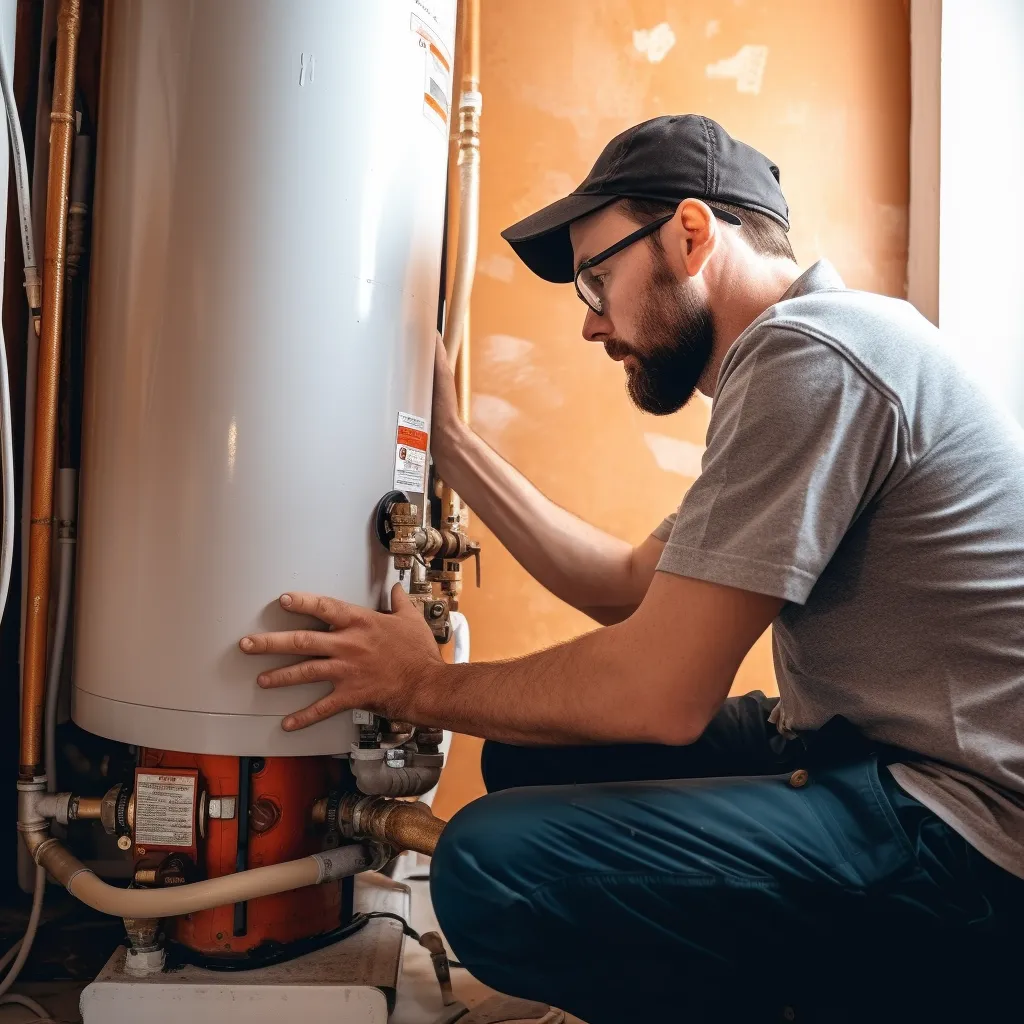
Benefits of a tank water heater
Tank water heaters offer several benefits:
Tank water heaters offer a cost-effective alternative to their tankless counterparts. Due to their relatively affordable cost of acquisition and installation, tank water heaters may be ideal for your home or business.
Tank water heaters are an excellent option for those who need a generous volume of hot water. With increased storage capacity, they provide a more dependable and durable solution for homeowners.
Tank water heaters tend to have fewer malfunctions when compared to tankless models. Opt for a tank water heater to ensure a steady supply of hot water.
Low maintenance cost helps homeowners save money on repairs over time and is an excellent way to budget for home upkeep.
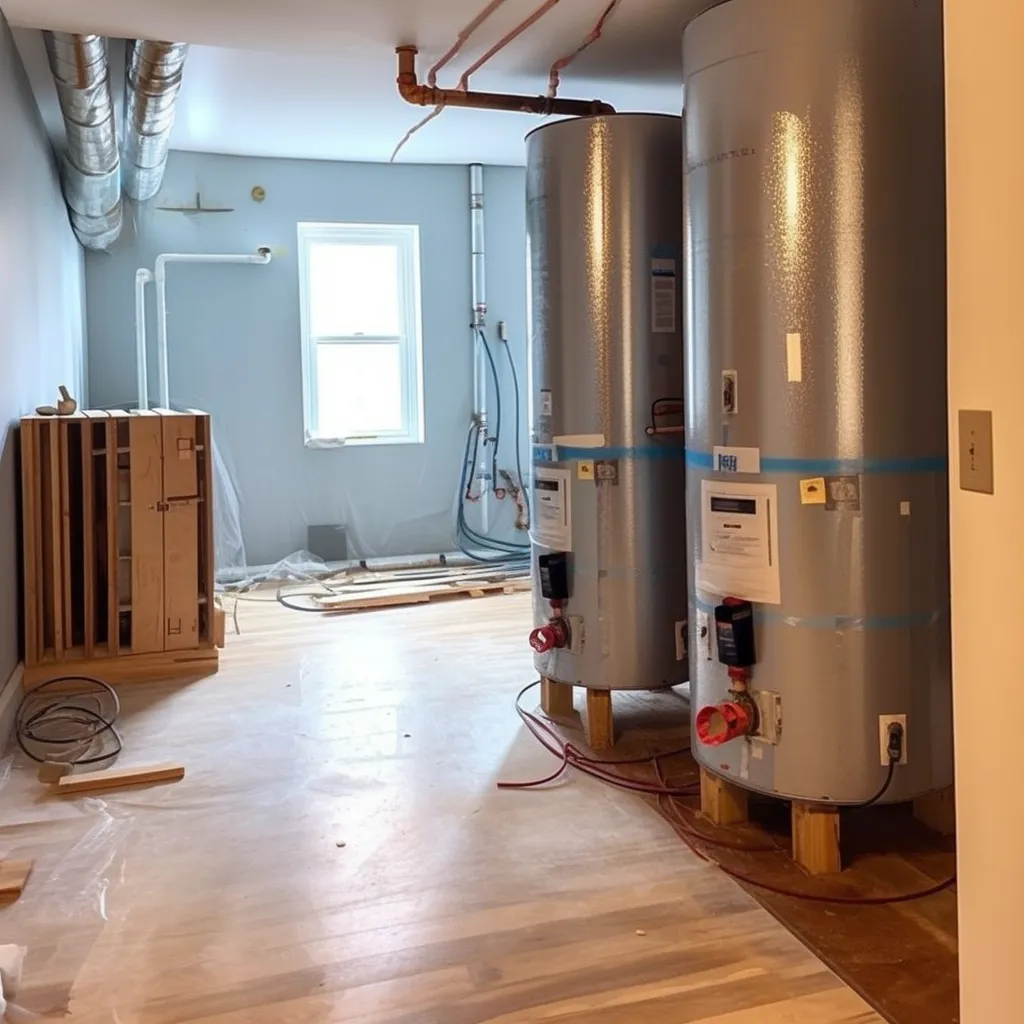
What are the drawbacks of a tank water heater?
Tank water heaters unfortunately come with several disadvantages:
Space requirements: Tank water heaters require more space compared to tankless water heaters, and therefore might not be the right choice for homeowners with limited space in their homes.
Energy efficiency: Upgrading to a newer model tank water heater can save you a significant amount of money in utility bills and greatly improve energy efficiency.
Limited lifespan: Tank water heaters typically last approximately 8-12 years, compared to 20 years for tankless models. This is important to consider when planning a water heater replacement for your home or business.
Inconvenience of running out of hot water: When the hot water tank runs cold, it can become a frustration for households using significant amounts of hot water as it may take hours to reheat.
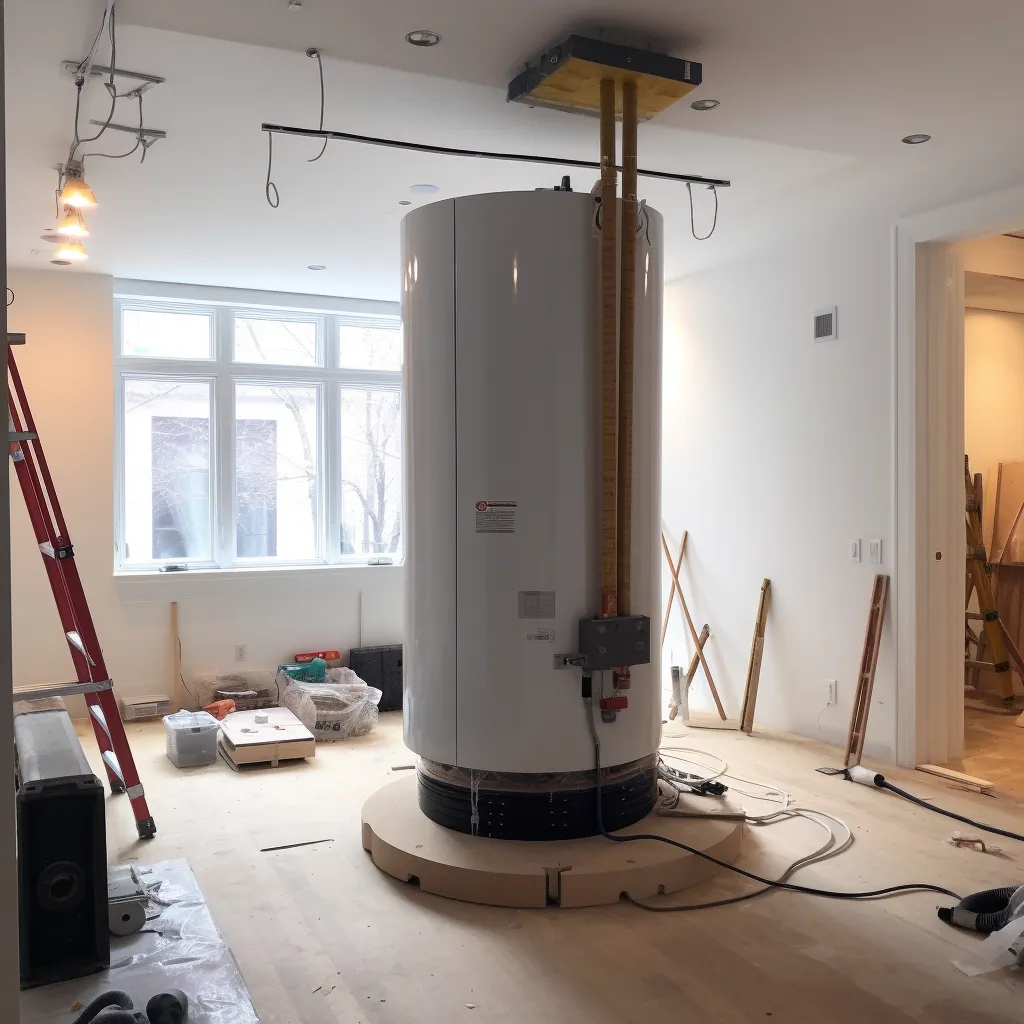
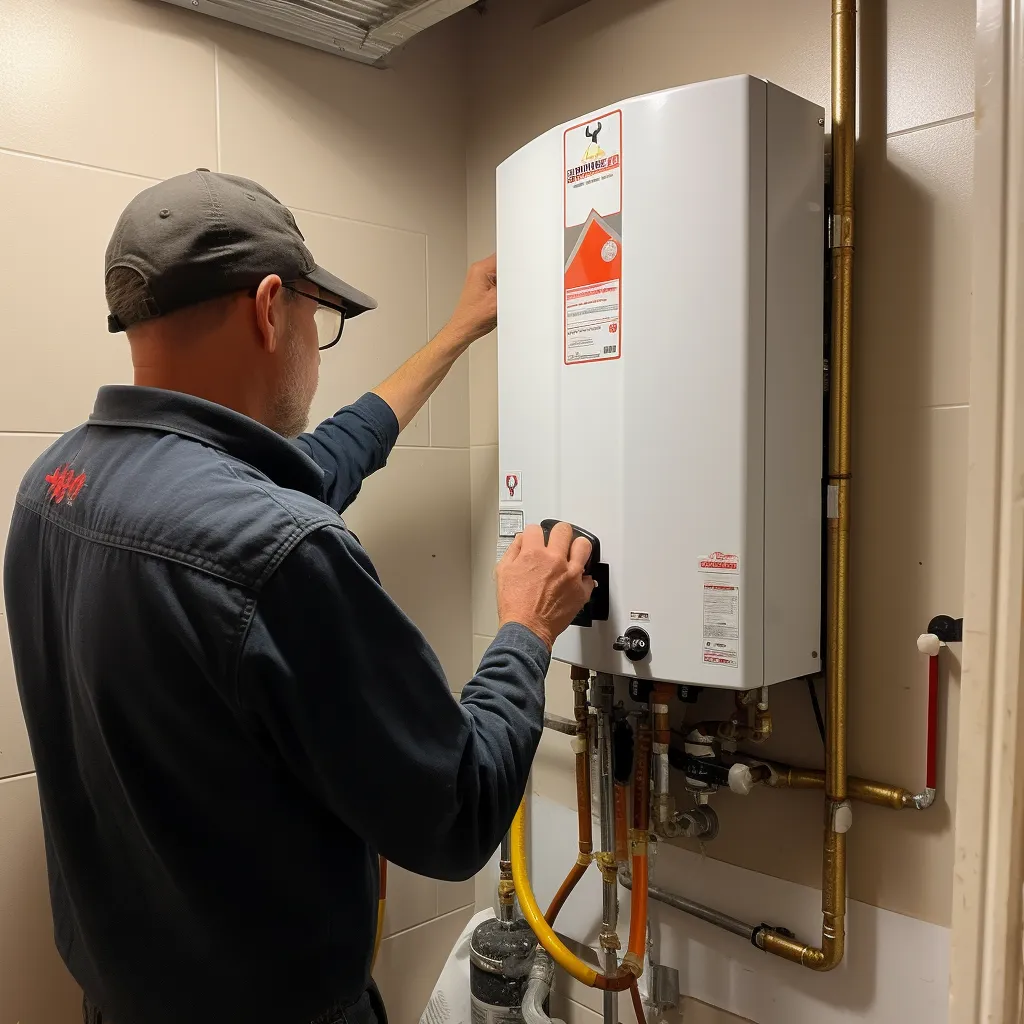
What is a tankless water heater and how does it work?
Tankless hot water heaters provide a perfect solution for on-demand hot water. Instead of storing water in a bulky tank, they heat the water as it flows through the unit. Therefore, you can have hot water instantly whenever you need it. So, how do they work? Simply turn the hot water on, and cold water will enter the unit and pass through the heat exchanger. The heat exchanger will heat the water before dispensing hot water straight from the faucet. This way, you will never run out of hot water whenever you need it.
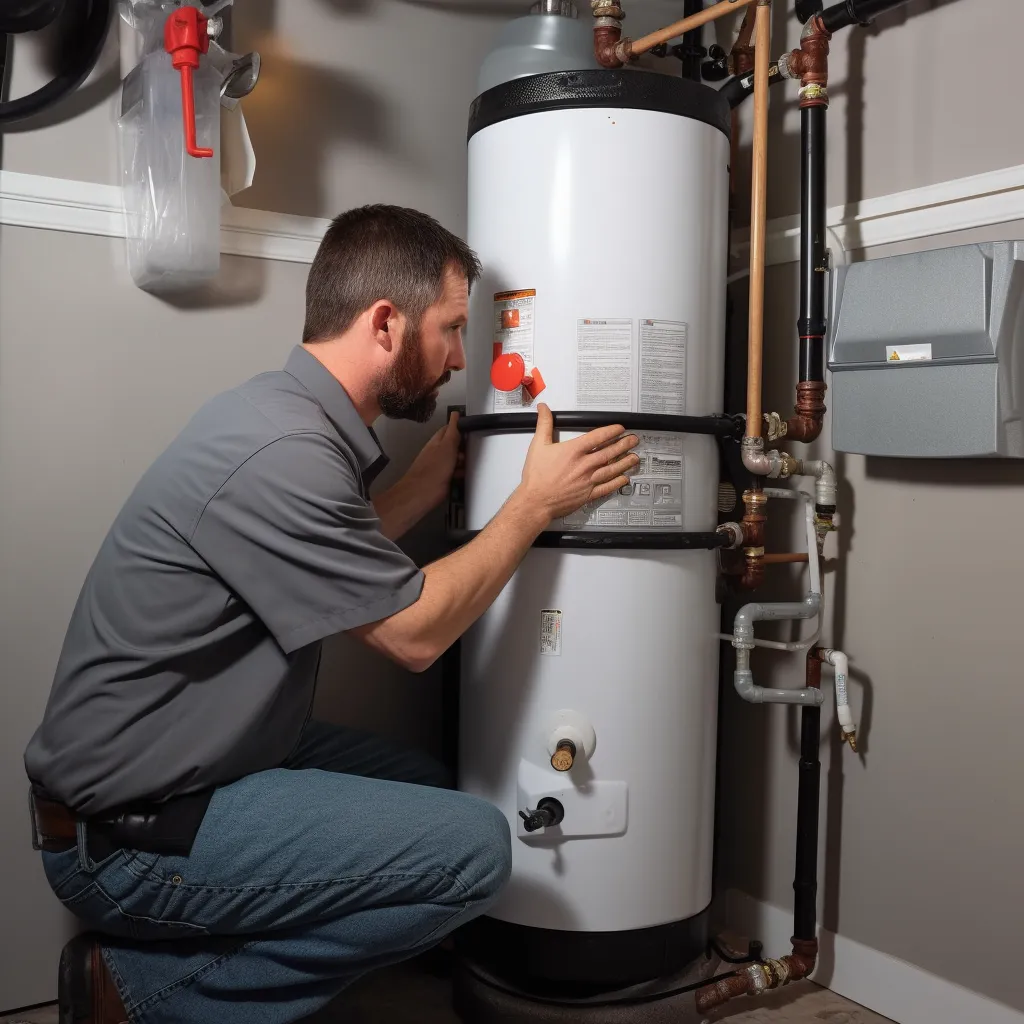
What are the benefits of a tankless water heater?
Tankless water heaters have become a trending choice for homeowners across the country, thanks to their numerous benefits.
Tankless water heaters are a cost-effective and green option, lowering utility bills and providing instant hot water.
Tankless hot water heaters differ from traditional models in that they save space by not storing hot water.
Tankless water heaters, unlike traditional ones, have a significantly longer lifespan of 15-20 years, providing tremendous value in the long run.
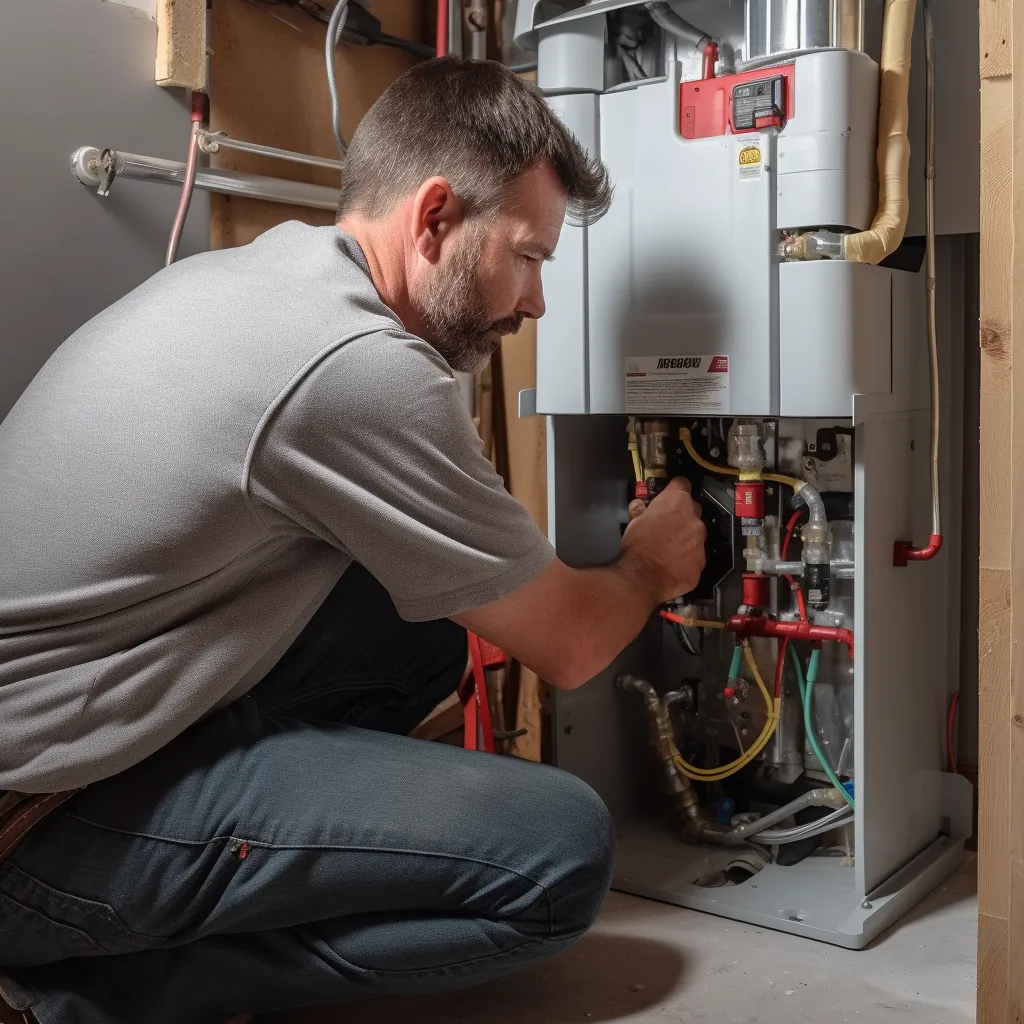
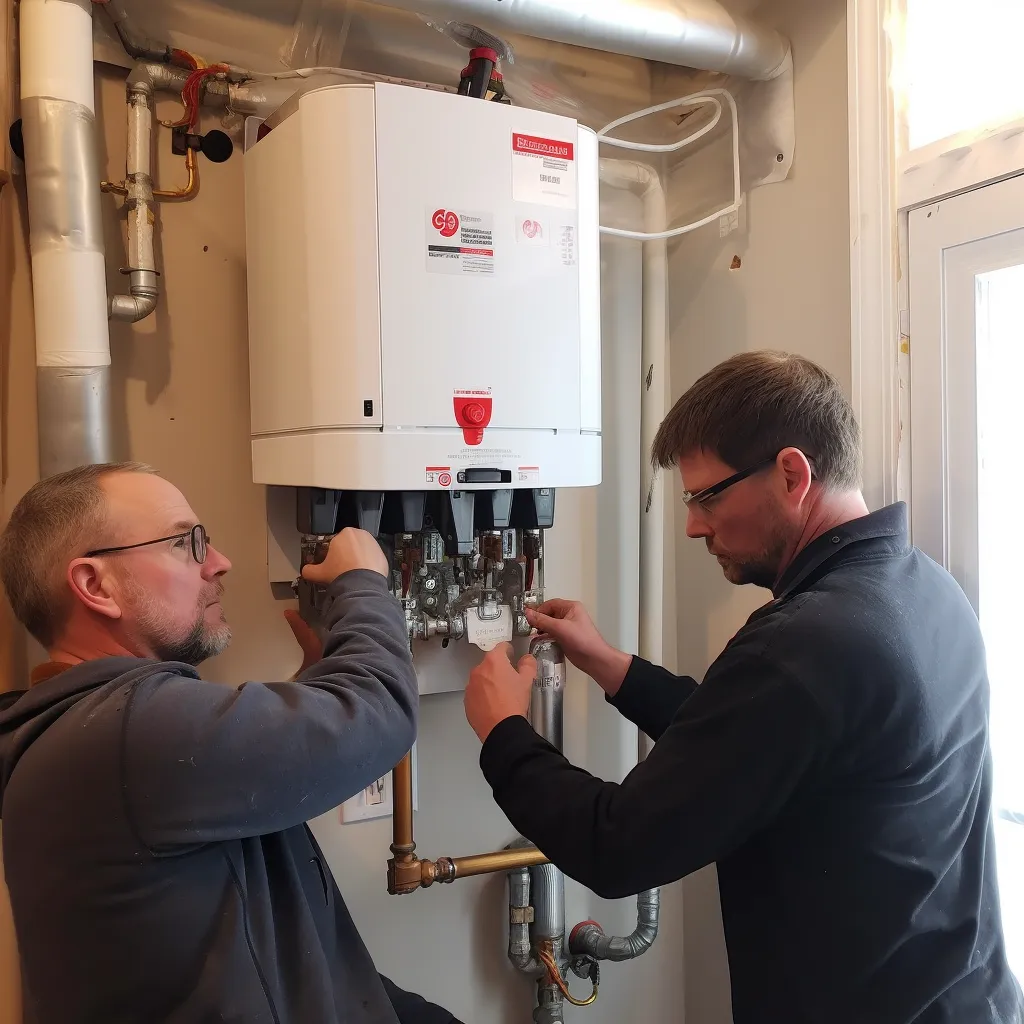
What are the disadvantages of a tankless water heater?
Tankless water heaters come with a few downsides:
When it comes to tankless water heaters, the initial cost for purchase and installation can be a bit higher.
Regular maintenance of tankless water heaters is essential, but can sometimes be more expensive.
Selecting the appropriate unit for your household needs is crucial since the wrong choice can reduce effectiveness at high flow rates.
Tankless water heaters may struggle with high demand, causing temperatures to fluctuate, negatively affecting the quality of hot water.
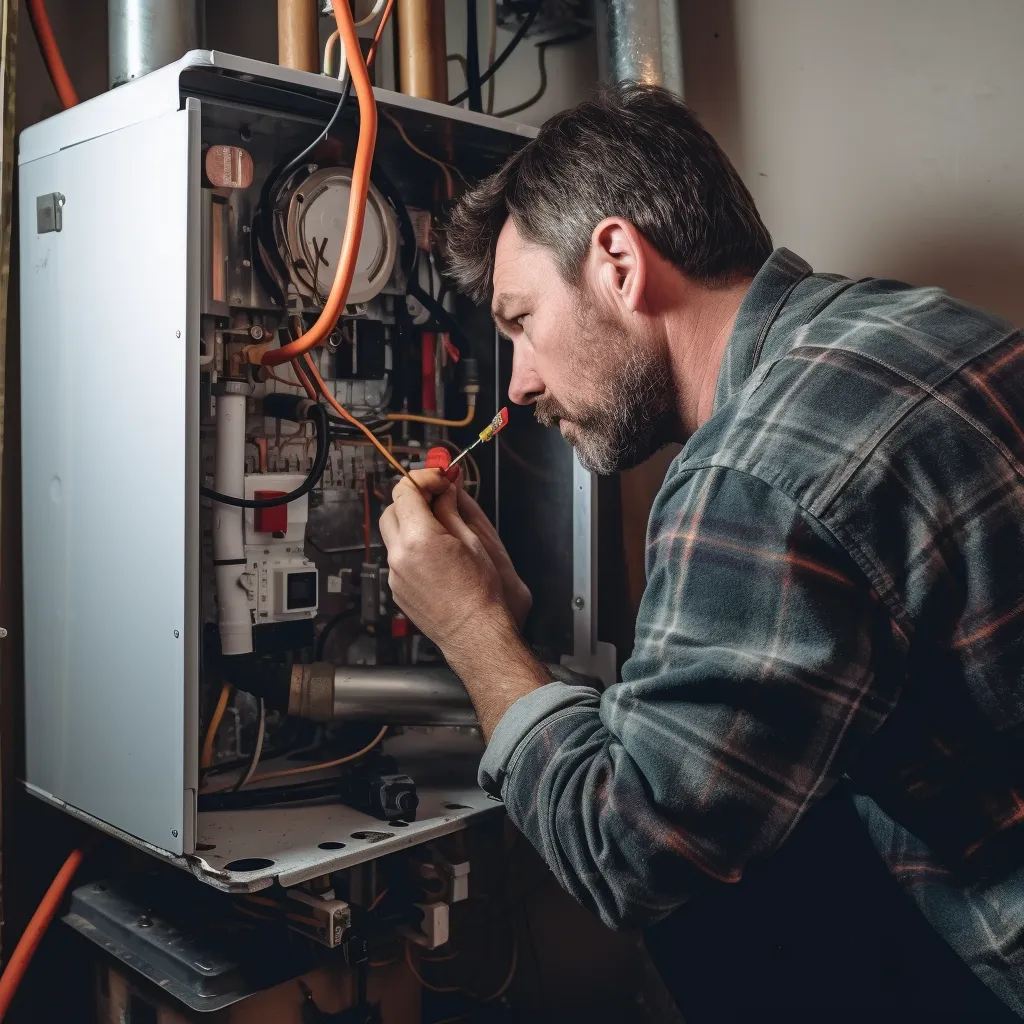
Are storage tank water heaters energy-efficient?
Traditional water heaters in storage tanks consume plenty of energy as they're continuously heating water, even when it's not required. This makes them energy-hogging appliances. Fortunately, newer tank models come with cutting-edge insulation and heating features, that help them save energy and reduce consumption. If you're looking to upgrade from an old heater, consider making the switch. While not the greenest option available, they're still a dependable and practical appliance for many households.
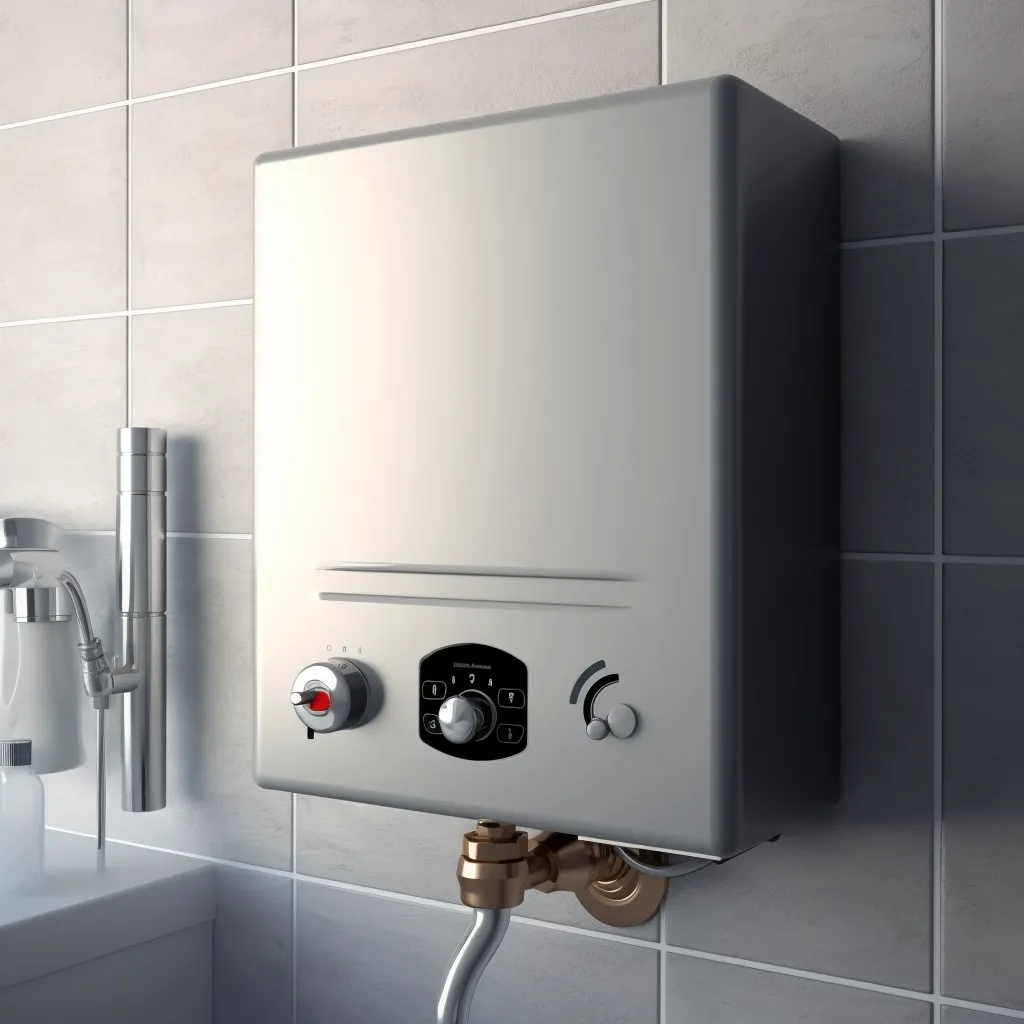
Are tankless water heaters energy-efficient?
When it comes to affordable water heaters, tankless options have become increasingly popular due to their ability to save energy. They outdo tank-based alternatives in energy-efficiency by up to 34%. While traditional systems need to constantly heat a large volume of water, tankless alternatives only heat water when it is needed, lowering the amounts of energy used. These models are also durable, lasting longer and minimizing energy usage, ultimately saving you money.
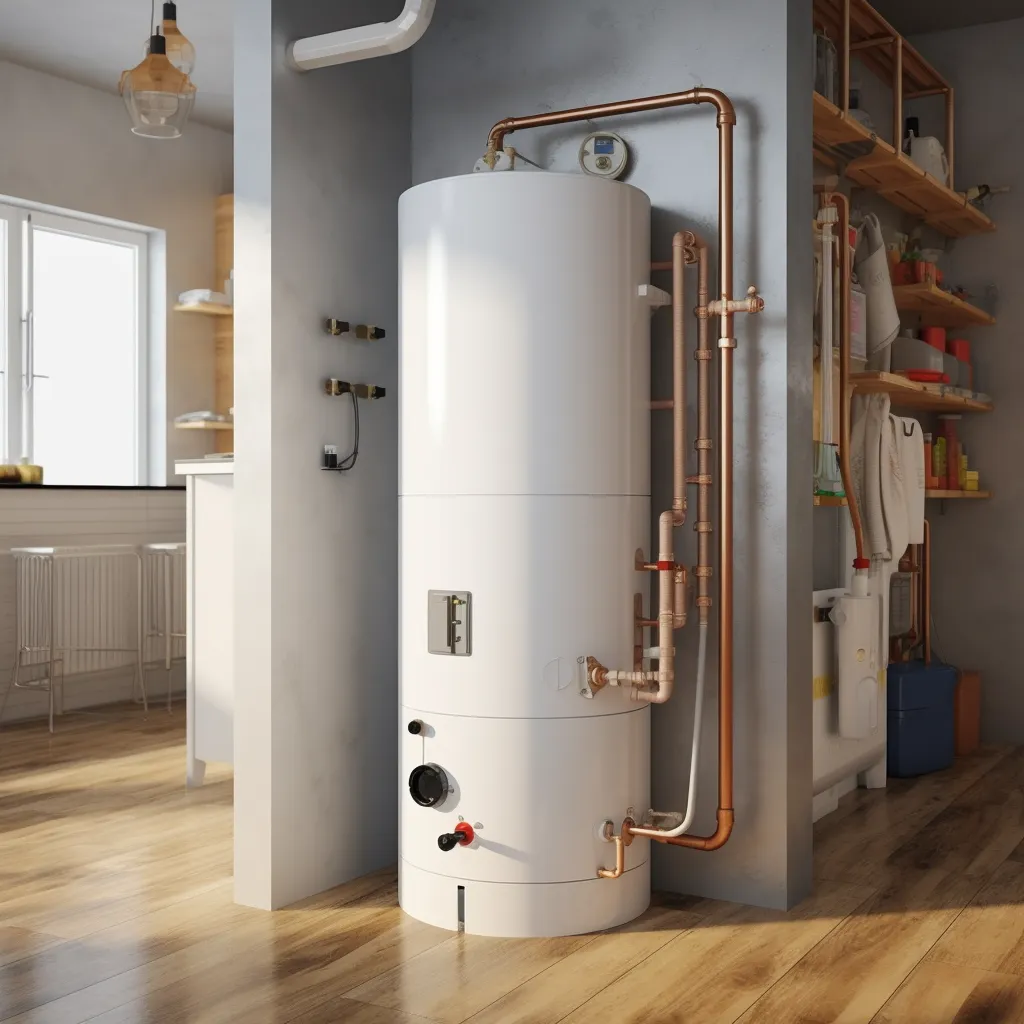
Cost to buy and install
a tank water heater
Tank water heaters are available in various sizes and types, and the price differs accordingly. With the typical price between $500 and $2,000, selecting a fancier model with additional features can increase the expenditure. Depending on the local labor rates and plumbing situations at home, the installation cost may be as high as $1,500. Additionally, you should note that a dedicated electrical circuit and a reliable gas line will be required. Finally, ensure that the tank size you choose is appropriate for your household's requirements to ensure sufficient hot water for everyone.
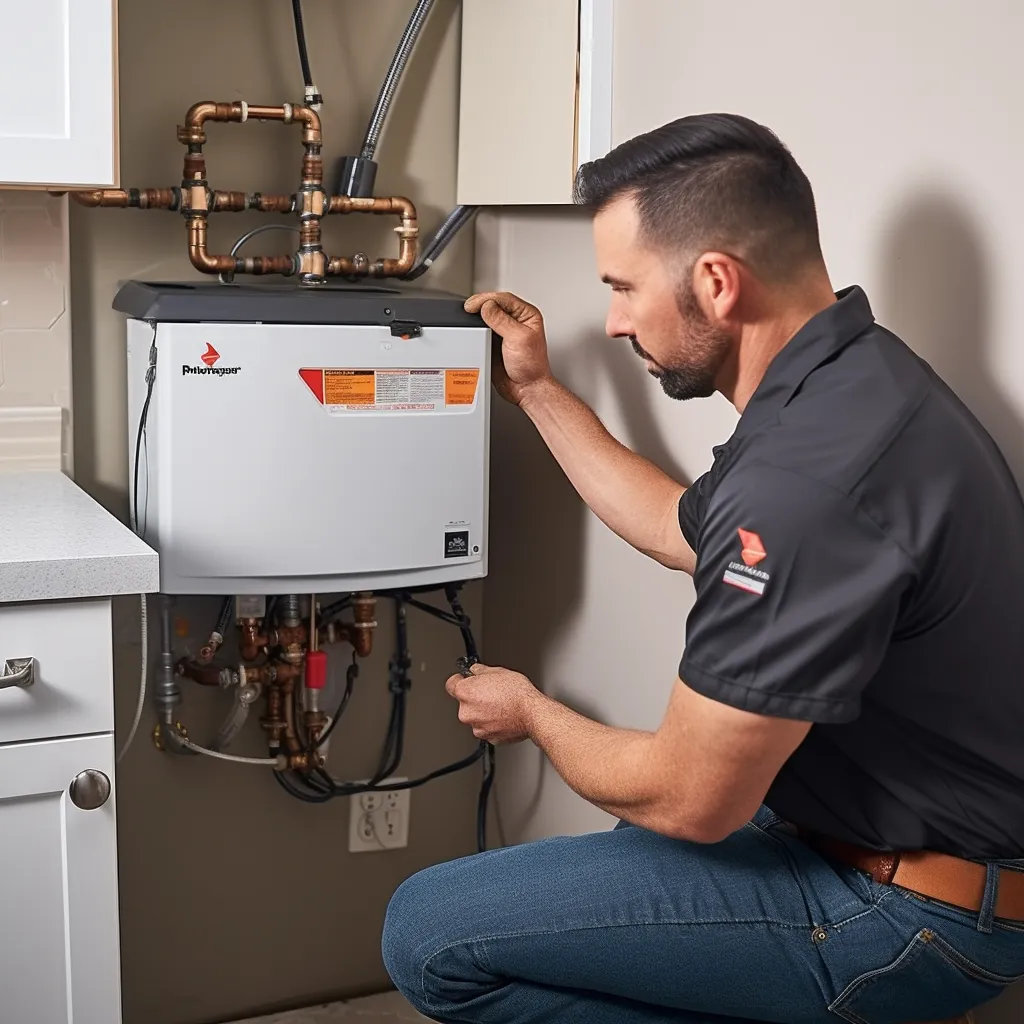
Cost to buy and install
a tankless water heater
Tankless water heaters are a wise investment for homeowners in the long run, despite the apparent higher price tag of $1,000 to $3,000. Installing these units - which don't require storage tanks - can cost $500 to $2,000, depending on your home's plumbing system and labor rates in your area.
However, the electric and gas demands of a tankless unit are higher, meaning your house's infrastructure must be appropriately equipped to support this system. It is critical to choose a properly-sized unit based on the hot water needs of your household.
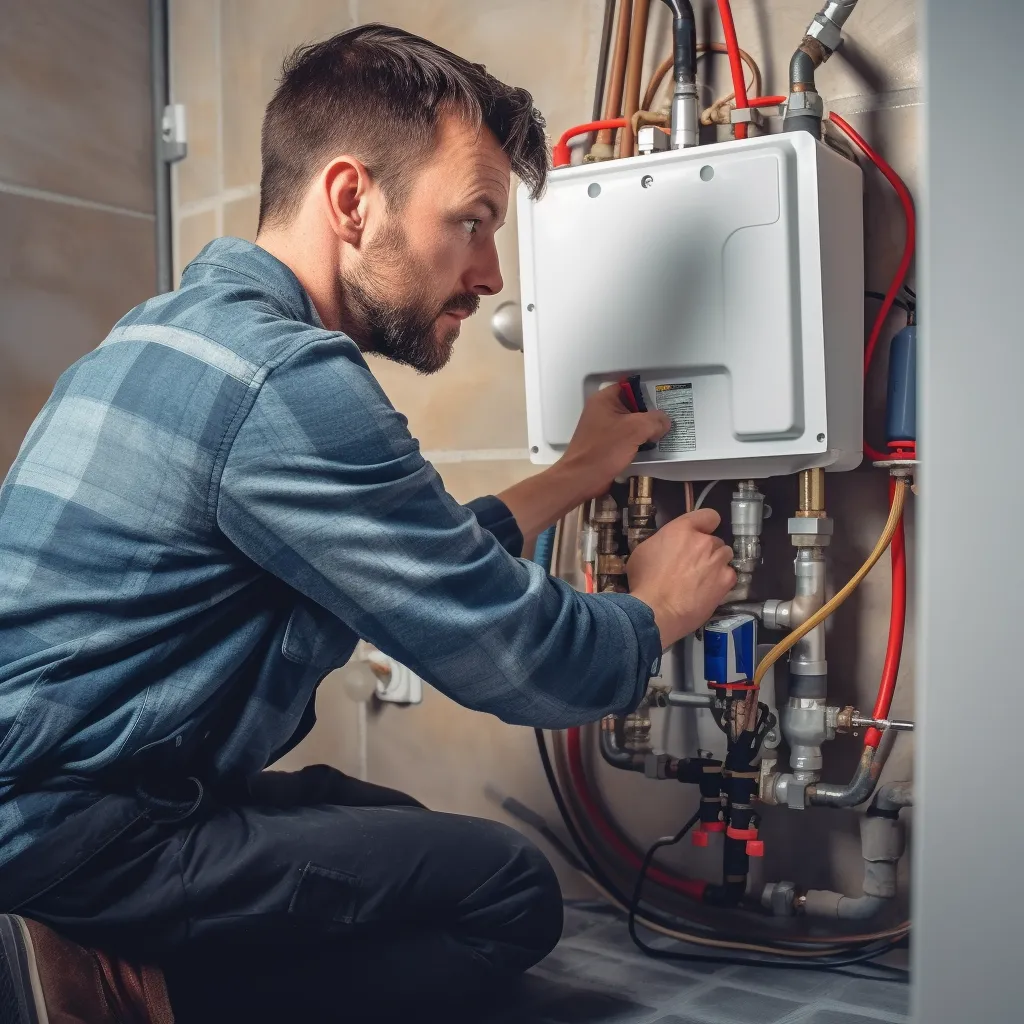

Common storage tank water heater maintenance issues
Storage tank water heaters can give you a tough time with maintenance:
Leaking tank: When the tank starts leaking, it could lead to water damage and cost you a fortune to fix. Don't let a faulty tank wreck your day.
Corrosion: Corrosion poses an issue, as corroded tanks or parts can hinder system efficiency and require costly fixes. Keep your system up-to-par and avoid expensive repairs by tackling corrosion early, before it does any damage.
Sediment buildup: Accumulation of sediment in your tank can lead to a decrease in heating efficiency, and even damage your plumbing fixtures
Improper installation: Incorrect installation of tank water heaters can lead to gas leaks and electrical shorts, posing serious safety hazards.
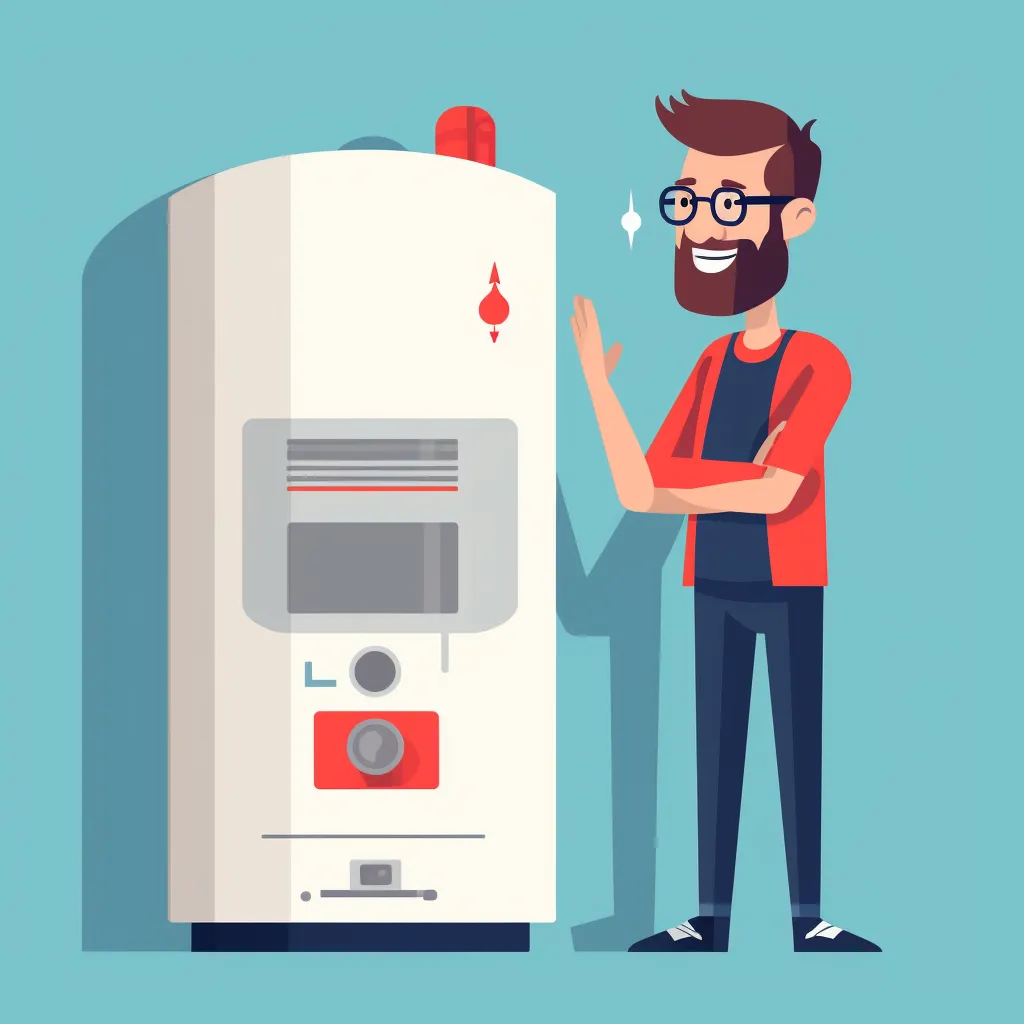
Common tankless water heater maintenance issues
Tankless water heaters may require maintenance like any other water heater.
Tankless water heaters can suffer from sediment buildup, just like tank systems. These clogs lead to operational inefficiencies and damage, so it's critical to stay on top of maintenance.
Hard water can significantly reduce the lifespan and performance of a heater by clogging it with scale buildup.
With traditional heaters, you need minimal electricity, but it's vital to ensure your home can handle the extra juice that tankless systems require.
Tankless water heaters require a larger gas line that needs to be kept secure and leak-free.

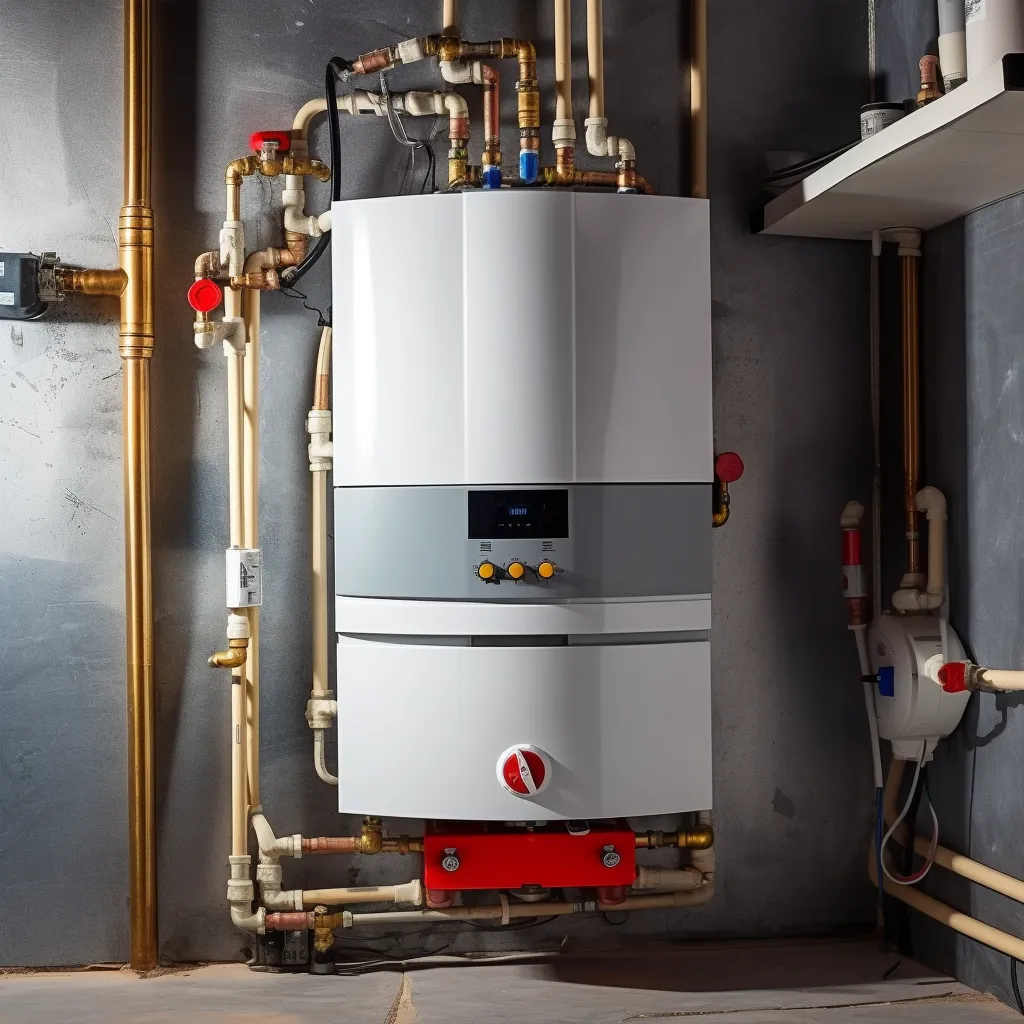
What is the lifespan of a tank water heater?
Tank water heaters typically last between 8 and 12 years, depending on factors like usage frequency, quality, and maintenance. If you notice a decrease in temperature, rust-colored water, leaks, or strange sounds emanating from your unit, it may be approaching the end of its lifespan. In that case, it is highly recommended to enlist a professional for assistance.

What is the lifespan
of a tankless water heater?
When it comes to having hot water at home, tankless water heaters are an increasingly popular, cost-effective option for long-term use. These heaters typically last 15-20 years or longer, and with proper maintenance, you can maximize their lifespan. Not only do they offer immediate benefits, but they can also provide long-term savings, giving you peace of mind. With their growing popularity and expected further improvements, it’s clear that tankless water heaters are a smart choice for hot water needs.
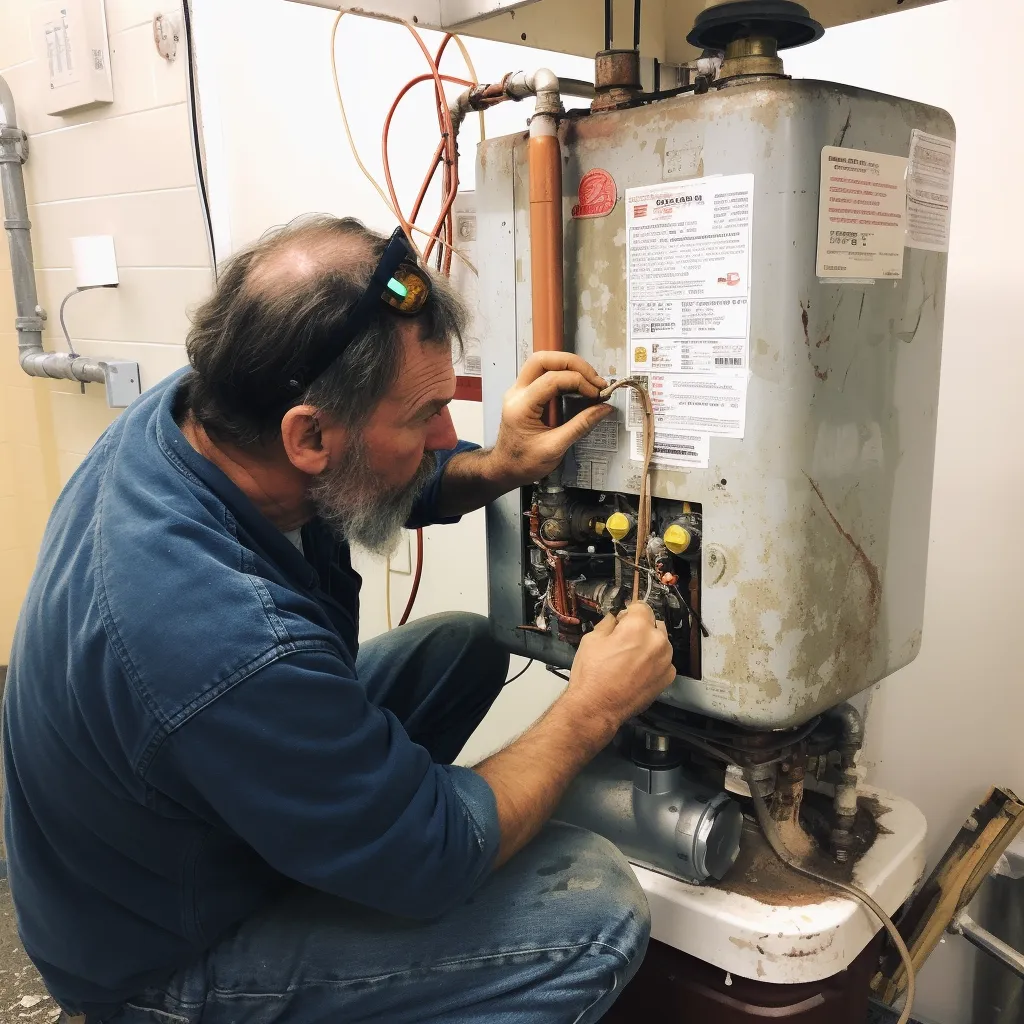

Gas vs electric water heaters
Choosing the right water heater for your home can be a tough decision. You may wonder if gas or electric is better. While both have their pros and cons that may affect your choice, gas models are known for heating water quickly with lower operating costs. However, they require a gas line and routine upkeep. Electric heaters, on the other hand, are simpler to install and maintain but may result in higher operating expenses and slower heating. Ultimately, the right choice between gas or electric water heaters depends on your specific needs and preferences.
How to decide if a tankless or a tank water heater
is right for you
When choosing a water heater, whether tankless or tank, many important factors should be considered to decide which is right for you.
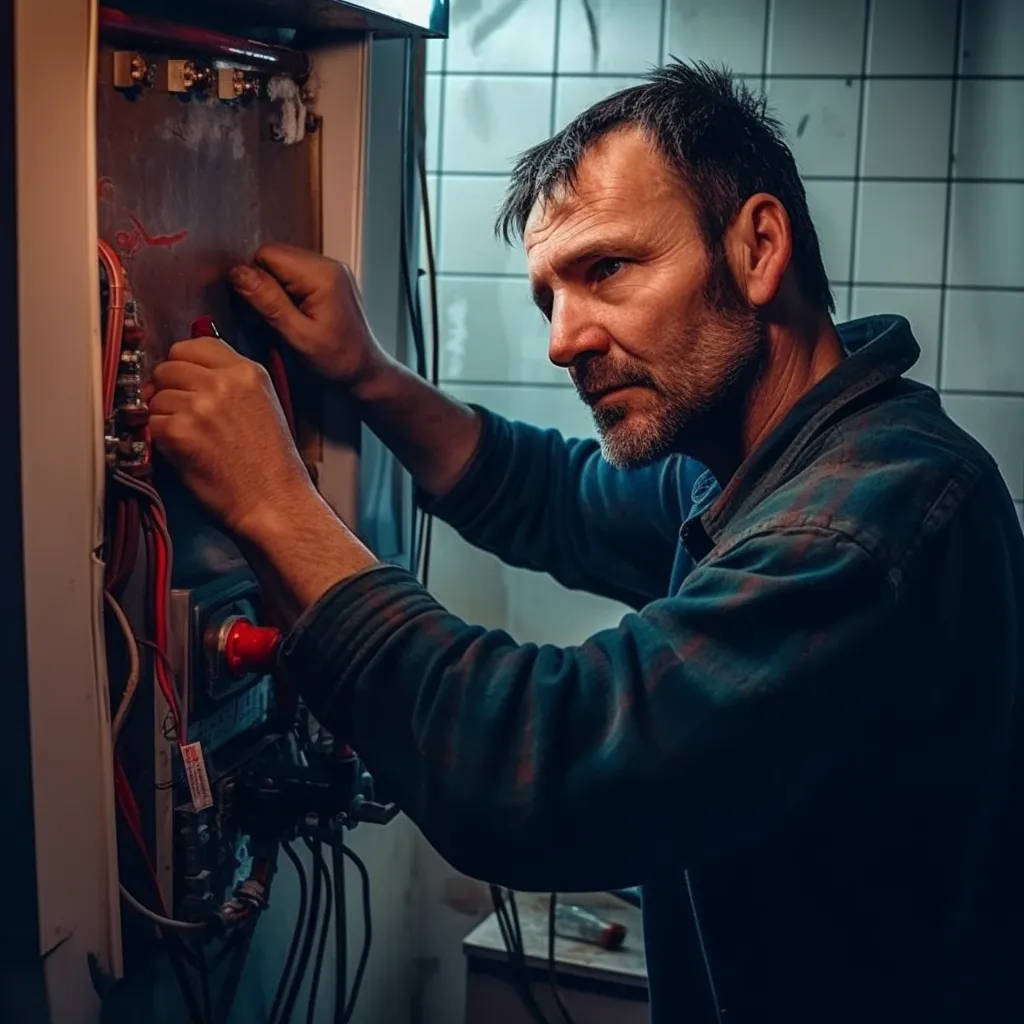
Budget: Consider that tankless water heaters may come with higher upfront costs than traditional tanks, including installation expenses.
Your usage requirements: For hassle-free hot water supply without interruption, a tankless water heater is the right choice. On the other hand, if you don't use much hot water and have low demand, then a tank water heater may be suitable.
Energy efficiency: When it comes to maximizing energy efficiency, comparing tankless water heaters to tanks and choosing the best model is key.
Climate: Tankless water heaters are a perfect fit for places with extreme temps, while tanks work great in milder climes.
Space: When space is tight, tankless water heaters are an ideal choice since they take up less room than tanks. This can free up usable space for other things.

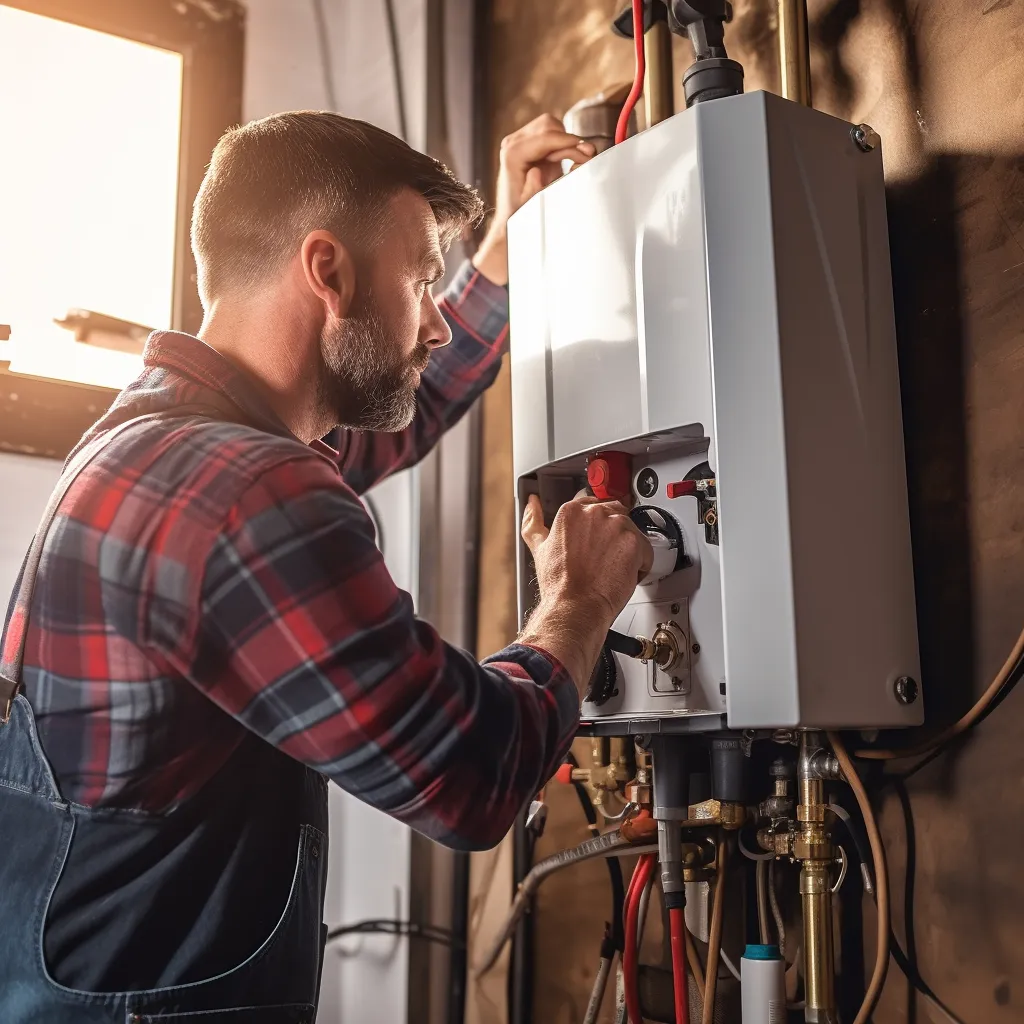
Is it important to hire a licensed professional to install a new water heater?
Hiring a licensed professional to install a new water heater is necessary to ensure compliance with building codes and prevent potential hazards. The peace of mind that comes with this crucial installation is well worth it. Trust us, you won't regret it!

Researching tankless vs tank water heaters
is important
When choosing a water heater for your home, the options are tank and tankless. You should determine your specific needs, budget, and installation requirements before making a final decision. Upgrading your water heater can have a significant impact on your household, reducing energy bills while providing hot water on demand. Conduct your research and compare different units, including their energy efficiency ratings, before selecting one. Best of luck making your choice!

Contact Us
GET IN FULL TOUCH
PHONE (714) 930-2129
EMAIL:
Daniel@waterheaterbrea.com
Good Day Plumbing Service
Brea, CA 92821
